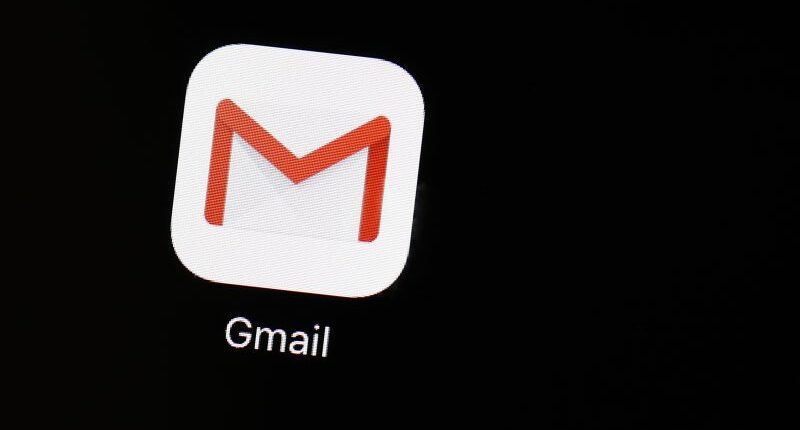Share this @internewscast.com

Did you come across alarming news this weekend suggesting that you must urgently change your Gmail password due to a data breach? Don’t worry — Google has clarified that this is not the case. However, you can still take some measures to secure your account.
Reports over the weekend claimed that Google was urging around 2.5 billion users to change their passwords due to security breaches. However, these claims were misleading.
In a statement Monday, Google said there was no “major Gmail security warning” at all.
“We want to reassure our users that Gmail’s protections are robust and reliable,” Google stated in a blog post on Labor Day. “Some false claims recently emerged, wrongly stating that we issued a widespread warning to all Gmail users about a significant Gmail security problem. This is completely inaccurate.”
Google explained that while there are always threats from phishers trying to access inboxes, their security measures successfully block over 99.9% of phishing and malware attempts from reaching users.
This summer, Google did issue a caution regarding a security issue affecting its corporate Salesforce server. Nonetheless, by early August, Google confirmed that the information accessed by the threat actor was limited to basic and mostly publicly available business details, like business names and contact information.
Google’s Threat Intelligence Group indicated that access was quickly restricted, and directly impacted individuals were notified early last month. If you happen to be among those affected, you are likely already informed.
As for the rest of Gmail users, while there was no genuine, widespread alert about account security, Google has warned of an increase in activity by attackers. Mashable notes that, in July, Google reported “heightened pressure on two fronts” — phishing and credential theft, and cookie and authentication token theft.
How to secure your Google account
While Google stands by the security of its Gmail accounts, and you could simply change your password if you’re concerned, the company does offer some tips to help enhance protection.
That could include Passkeys, billed as “easier and more secure” than your traditional password. Simply, a Google Passkey uses your fingerprint, face, screen lock, or a security key to grant you access to your account, or “as a second step when signing in with your password.” It’s like using Apple’s Face ID to unlock your iPhone.
Similarly, you could use 2-Step Verification. This could include the aforementioned Passkeys (though if you use this as your primary log-in method, you won’t need a second step, according to Google), a security key, a Google prompt, an authenticator app, your phone number, or a backup code.
Google also recommends keeping an eye out for attempts by malicious actors to access your information. This includes emails that ask for your private information or encourage you to visit a link to input your information. Messages that sound too good to be true also shouldn’t be trusted.
If you believe you’ve received an email from someone trying to steal your personal information, you can report it to Google. In the email, next to the “Reply” button, you can select the “More” option, and “Report phishing.”














